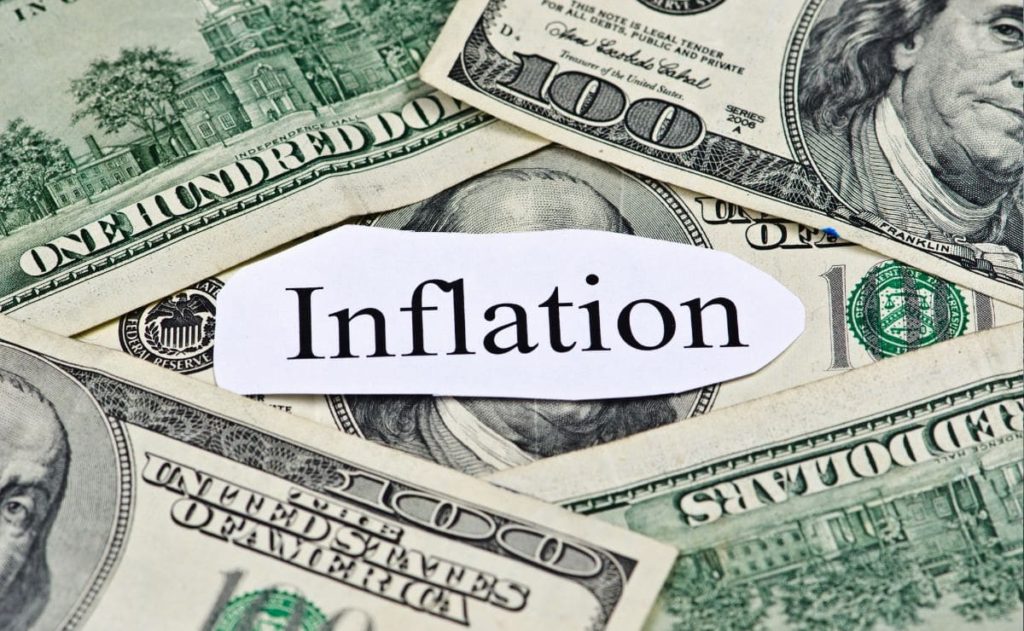United States retirees living on a fixed Social Security income per month are suffering from inflation more than anyone else. The increase in prices is not going down and each month they are seeing their fixed benefit not being enough to easily pay all of the month’s payments. Both bills and food shopping can be difficult for Social Security recipients because of the lack of increase. They do not have enough money to pay all the monthly expenses.
It is true that the COLA exists to alleviate this situation, but it is not enough. The increase in Social Security through the COLA is annual, which makes it obsolete in a way. Prices do not increase annually, but month by month. Moreover, inflation makes the money needed bigger every day, so it is something that is in continuous movement. In addition to the non-equalization of the COLA with inflation, there are the taxes that the beneficiaries of SSA benefits have to pay, since the system has not been renewed since 1984.
Social Security beneficiaries have to pay more taxes
Since Social Security taxes have remained unchanged since 1984, the increases in benefits mean that beneficiaries have to pay more taxes. With higher incomes due to inflation and COLA, Americans in retirement find that part of their benefits may be taxed away.
All U.S. citizens who receive income over $25,000 per year must pay taxes. In the case of a couple, this amount increases to $32,000. Included in this money are Social Security payments. Thus, if your retirement benefit has increased to $25,000 per year due to inflation, you will have to pay taxes that you did not pay before. This is very bad for SSA benefit recipients.
How can SSA beneficiaries avoid paying taxes?
With a possible increase in retirement benefits of more than 10%, next year many retirees will see a lot of extra money. What sounds like good news is not so good news. It is possible that many retirees will reach the Social Security of $25,000 a year mark, for which they will have to pay taxes on their income tax return.
The only way to avoid paying taxes is by not reaching that $25,000 per year. If you are collecting a benefit close to that annual amount and working at the same time, you may need to do the math. Working and collecting a Social Security benefit can cause you to have to pay a lot of annual taxes. Therefore, take a good look at your income and keep in mind that if it exceeds $25,000 you will have to pay taxes for the next year.
